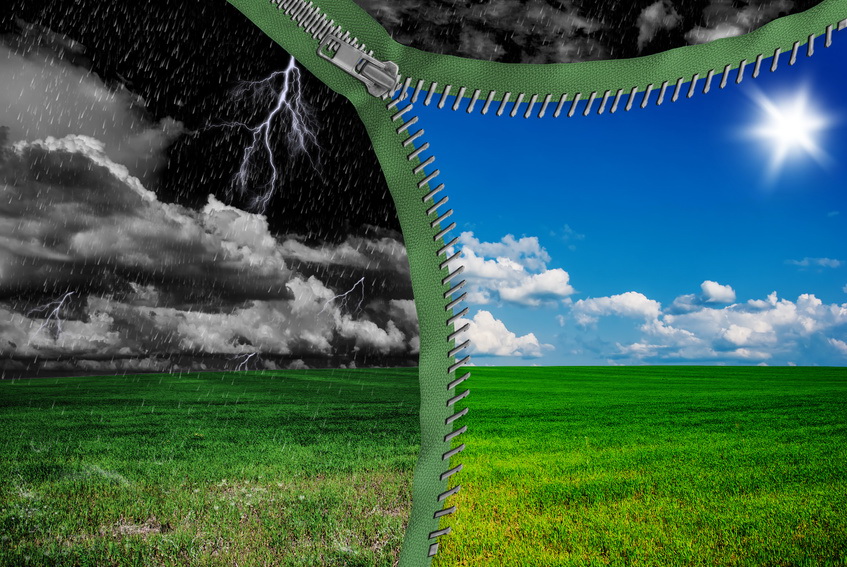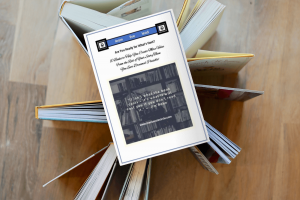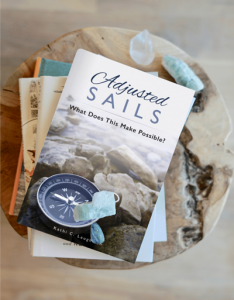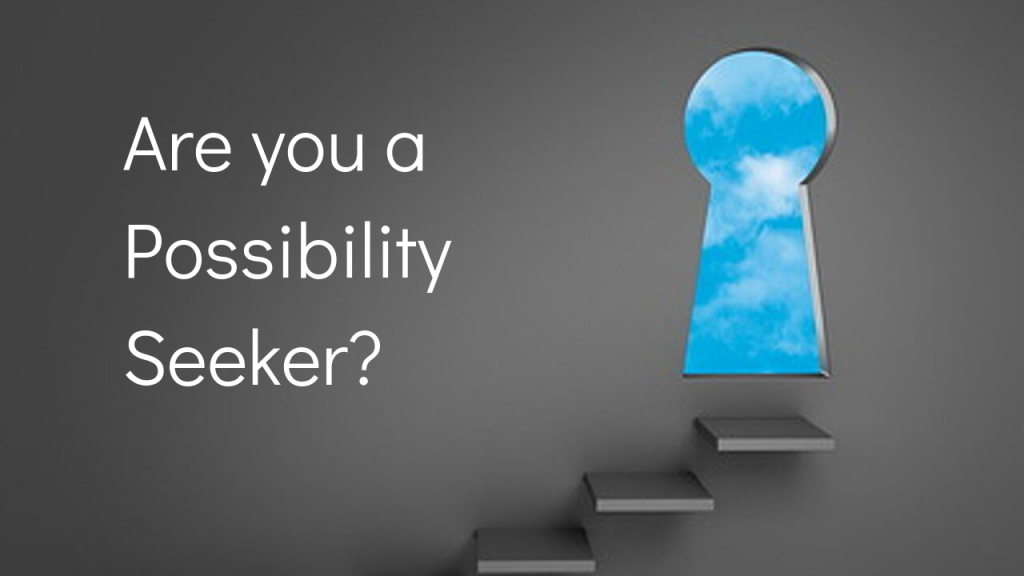It’s a familiar scene whether we have experienced it personally or just within a movie or television drama. We are told that the patient’s odds for recovery aren’t really known. The next 24 hours will tell the story.
This precipice moment is also familiar in the news. It has been proven over and over that the odds of solving a crime are largely influenced by what happens in the first 48 hours following its commission.
In other words, it is the critical shadow hours after the crisis that are most pivotal to the rest of the story.
Even when what happens to us is far less dramatic than these examples, the same principle applies.
What we do and how we respond immediately following disruptive events does indeed write the rest of the story.
There can be many endings. It is up to us to choose.
 What is your follow-up plan for the challenges that will appear?
What is your follow-up plan for the challenges that will appear?
Here are six thoughts to consider:
F – Faith vs. Fear
What core belief is most vulnerable as a result of what has or is happening? Where do you need to practice faith? This is where trust becomes such a fundamental element as an anecdote to fear. What steps do you need to take in order to handle the war of emotions and remain focused?
O – Opportunity vs. Obstacle
What opportunities are created because of what you are experiencing? What can you do now you could not do before? How can you step back and see the experience from a perspective of possibility? It’s noteworthy that the Chinese symbol for crisis is composed of two characters representing both danger and opportunity. Which will you allow yourself to see?
L – Learning the Lessons
Whatever happens to us, within those experiences is a landscape rich with life lessons. We can and must learn more about ourselves and the world around us. Simply asking ourselves what the lessons are in what is happening allows us to focus on purpose and possibility. It will fundamentally transform the situation into something that brings value vs. obstructing it.
L – Leveraging to Lead
There is very little, if anything that truly happens only to one person. That means that the value we realize is never solely isolated to our own experience. There is a direct or indirect impact to others in the immediate frame and in the future. How we leverage our own experiences in leading and serving others is a key factor in shifting our energy from victim to victor.
O – Options, Options, Options
There are always choices. Even without a crisis we know that. But with the crisis comes an unshackling; a willingness to consider and see options we might not otherwise even consider. It strips us of judgment and any rigidness in our response. This is, in and of itself a gift. This goes beyond just simple opportunity because it goes to the heart of not just what we can do but all of the many ways we can do it. Our brains are stimulated to see past the surface and compel our creative juices to flow.
W – What’s Next?
Nothing re-centers us more readily than a commitment to begin anew. Instead of focusing on what happened, focus on what is next. Taking into account our faith in the possibilities and opportunities, the lessons learned and what that means in terms of serving others and all of the options that are available to us, our energy can fully shift to a forward oriented perspective.
What follows the crisis? Windows of opportunity that we can throw fully open and leap through without fear. But just like our fictional patient or criminal case, that window of opportunity will not remain open forever. It will close. Choose faith that the purpose always has the potential of good. Choose the freedom that comes with knowing it is within our power to fully influence and generate that good.
Live today like you want tomorrow to be.
Live well.







